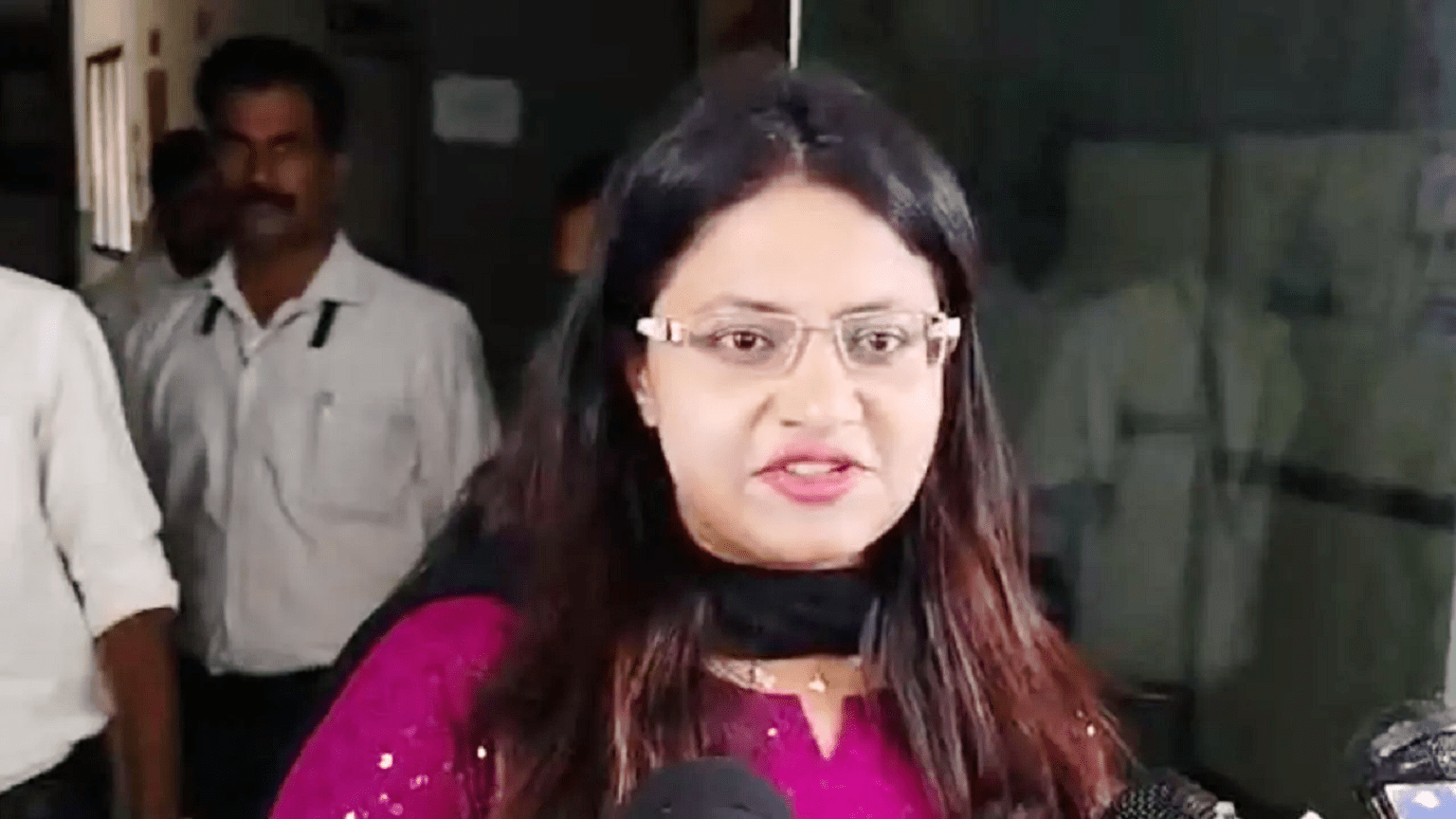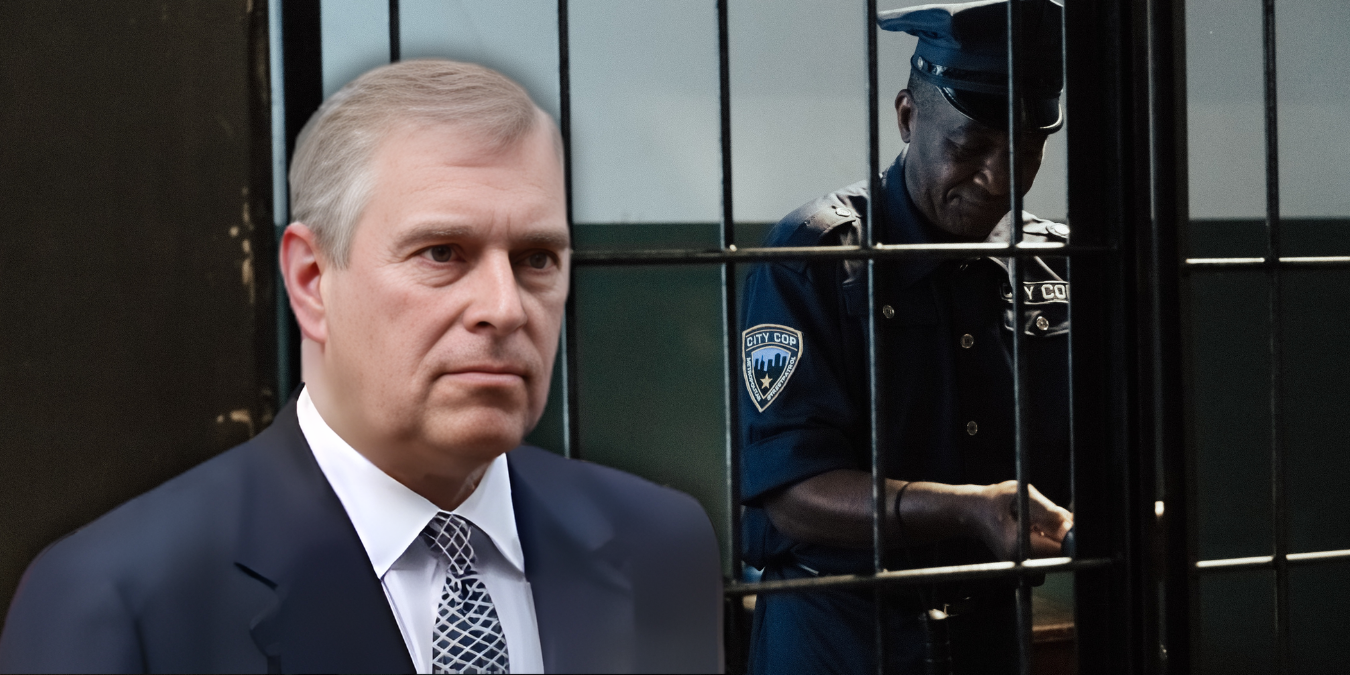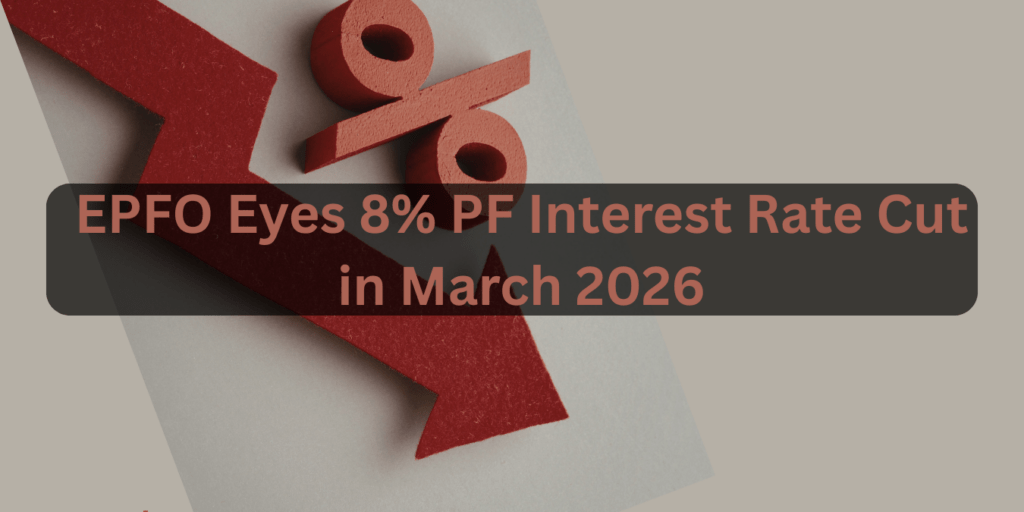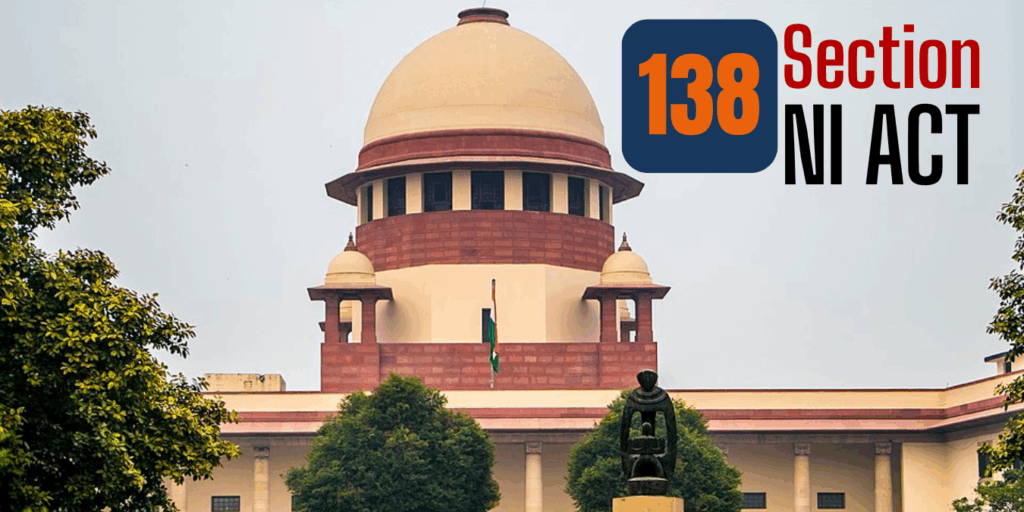
Key points about the sacking of IAS trainee officer Puja Khedkar:
- Immediate Dismissal: Puja Khedkar was discharged from the Indian Administrative Service (IAS) with immediate effect on September 7, 2024.
- Falsified Records: She allegedly misrepresented information in her application for the UPSC Civil Services Examination, 2022.
- Misuse of Reservation Benefits: Khedkar is accused of fraudulently claiming benefits under the Other Backward Classes (OBC) and disability quotas.
- UPSC Action: The Union Public Service Commission (UPSC) cancelled her candidature on July 31, 2024, and debarred her from future exams.
- Legal Proceedings: Both the UPSC and the Delhi Police have sought the dismissal of her plea for pre-arrest bail.
- Denial of Allegations: Khedkar has denied all allegations against her.
- Court Submission: On September 5, 2024, she told the Delhi High Court she was willing to undergo a medical examination at AIIMS to verify her disability claims.
- Rule Violation: She allegedly changed her name and parents’ names for the examination more times than allowed.
- FIR Filed: The UPSC registered an FIR against her for allegedly faking her identity to fraudulently avail attempts beyond the permissible limit.
- Developing Story: This case is on-going, with further updates expected as investigations continues
-
Gold and silver rates today: Latest Rates in all Major Cities February 20, 2026
Gold prices exploding ₹15,649/g? Silver crashes 23%—now rebounding at ₹270/g! Uncover shocking volatility secrets, city tables (Delhi to
-
Indian Stock Market Trends: Sensex & Nifty Plunge on Geopolitical Tensions
Sensex crashes 1,200 pts! Nifty bleeds—oil shock or buy signal? 7.4% GDP hides secret rebound clues. ONGC surges
-
NCC Shares Crash 10% After NHAI Bans Firm from Tenders for Two Years
NCC won the arbitration — yet NHAI still banned them from tenders for 2 years, mid-hearing, without a
-
Hungary and Slovakia Halt Diesel Exports to Ukraine Amid Oil Transit Dispute: What It Means for Europe’s Energy Future
Hungary and Slovakia suspend diesel exports to Ukraine after Druzhba pipeline disruption. Here’s a detailed breakdown of the
-
Arrest Of Britain’s Ex-Prince Andrew Sparks Global Outrage: What Really Happened and Why It Matters
Britain’s ex-Prince Andrew stripped of titles, sued, and now facing fresh arrest calls after explosive Epstein files unsealed.
-
Newgen Software Share Price Surges 18% After Q3 FY26 Results
Newgen Software share price rockets 35% from ₹459 rock-bottom to ₹637 high in days—Q3 FY26 profit dip or































